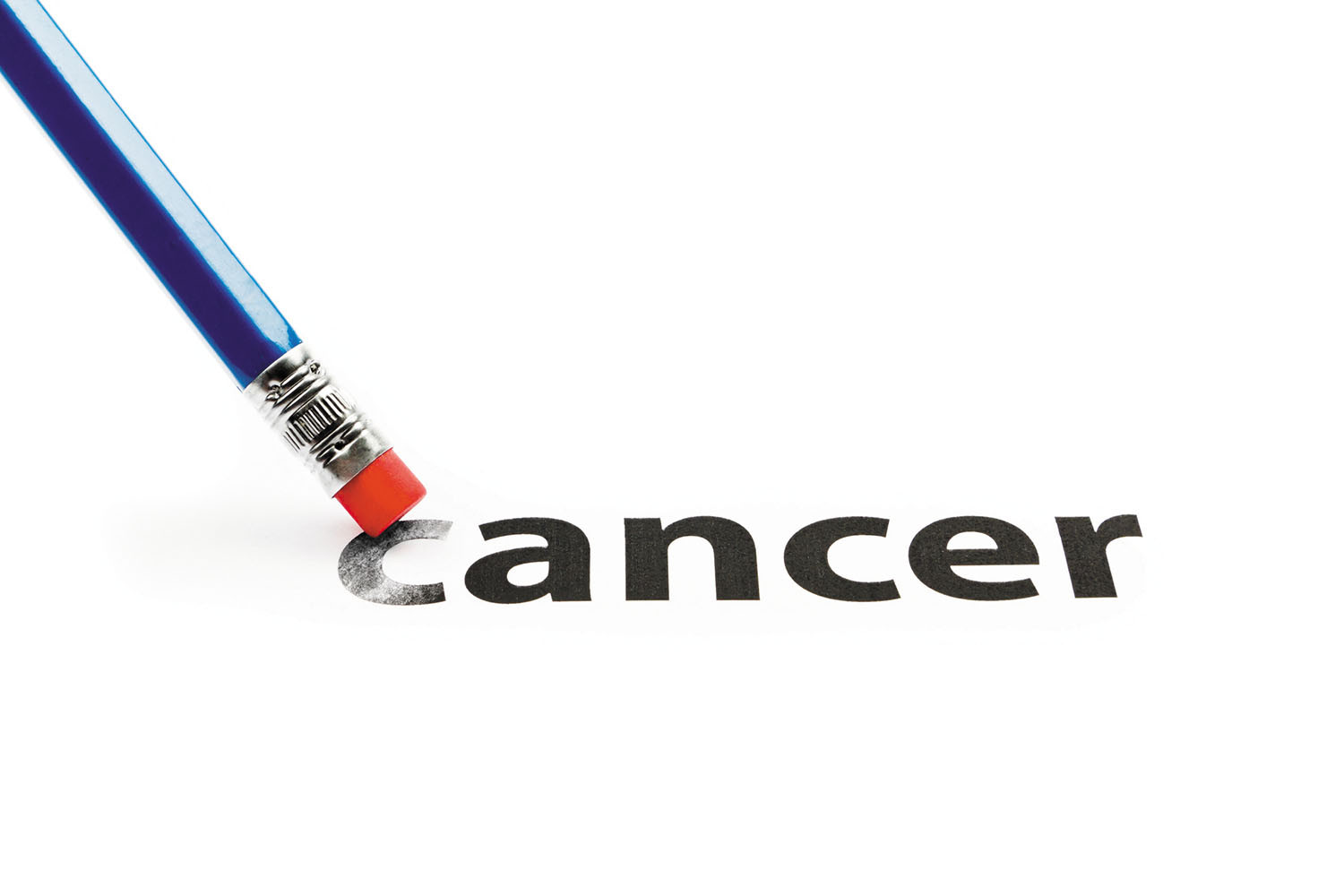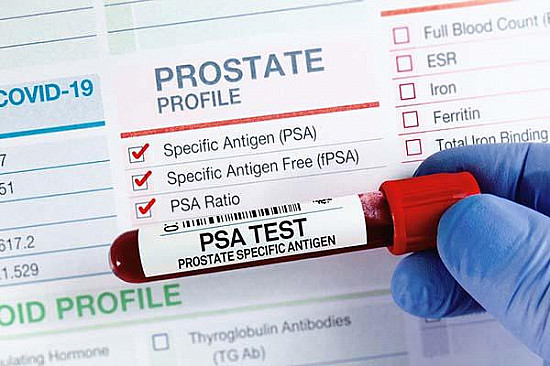Does my prostate cancer increase my risk for other cancers?
On call

Q. I was recently diagnosed with prostate cancer. Does the occurrence of one type of cancer indicate a danger of developing other types of cancer?
A. It can, but it depends upon the type of cancer and the treatment. In general, prostate cancer that occurs after age 60 probably does not increase the risk of getting a second, different cancer.
Prostate cancer is the most common cancer among men. Almost every man develops prostate cancer if he lives long enough. So, an older man who has been diagnosed with prostate cancer is no more likely than any other man to develop a different type of cancer.
There are probably some exceptions. Some men inherit genes that increase the risk of developing a particularly aggressive type of prostate cancer, often at an early age (younger than 50). These same genes could increase the risk of other cancers, too.
Another possible reason for a higher risk of cancer may be related to lifestyle. For example, men who are obese are more likely to develop a more aggressive form of prostate cancer. And we also know that maintaining a healthy weight, eating a plant-based diet, and exercising regularly may lower the risk of other cancers, like colon cancer (the third most common cancer in men).
There may be a small increased lifetime risk of developing rectal or bladder cancer in men who have been treated with radiation therapy for prostate cancer. However, this is related to the treatment, not the prostate cancer itself.
Image: © maurusone/Getty Images
About the Author

Howard E. LeWine, MD, Chief Medical Editor, Harvard Health Publishing; Editorial Advisory Board Member, Harvard Health Publishing
Disclaimer:
As a service to our readers, Harvard Health Publishing provides access to our library of archived content. Please note the date of last review or update on all articles.
No content on this site, regardless of date, should ever be used as a substitute for direct medical advice from your doctor or other qualified clinician.
















